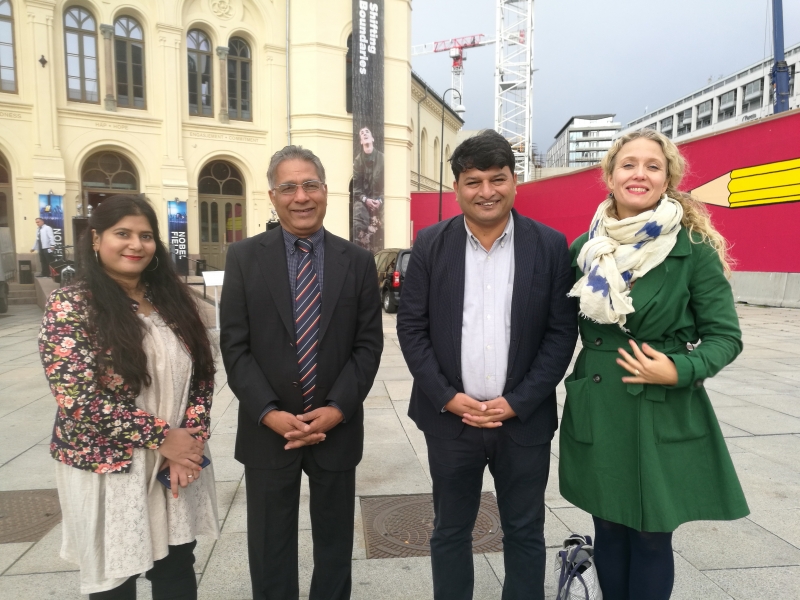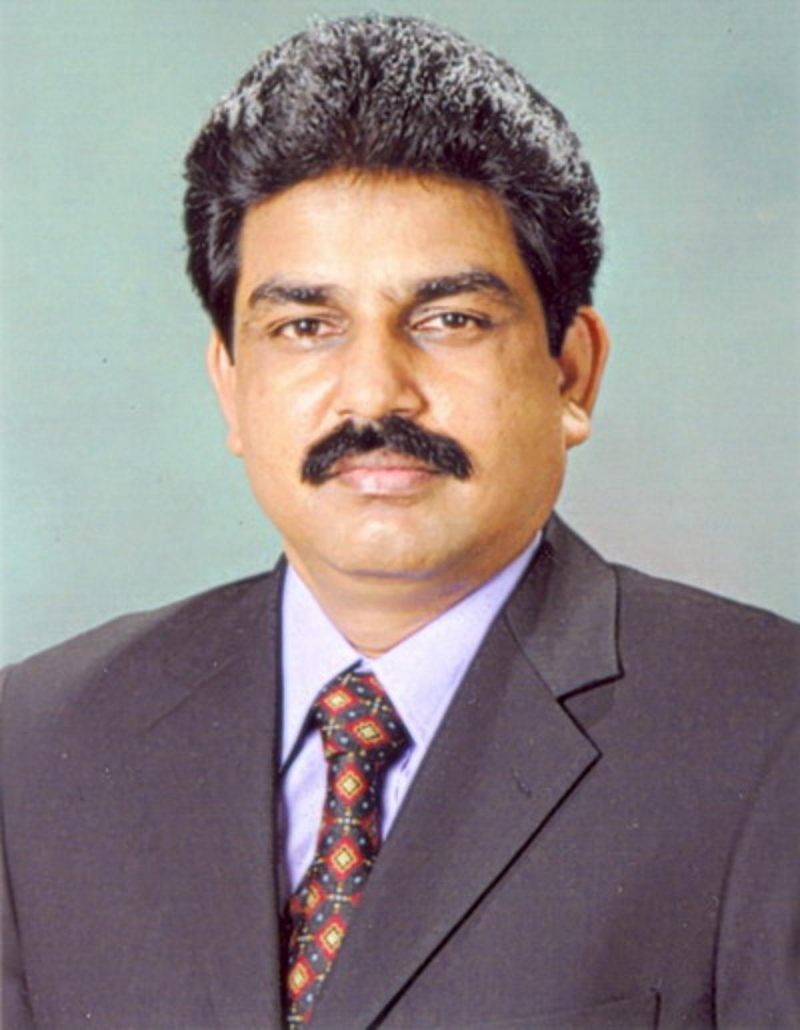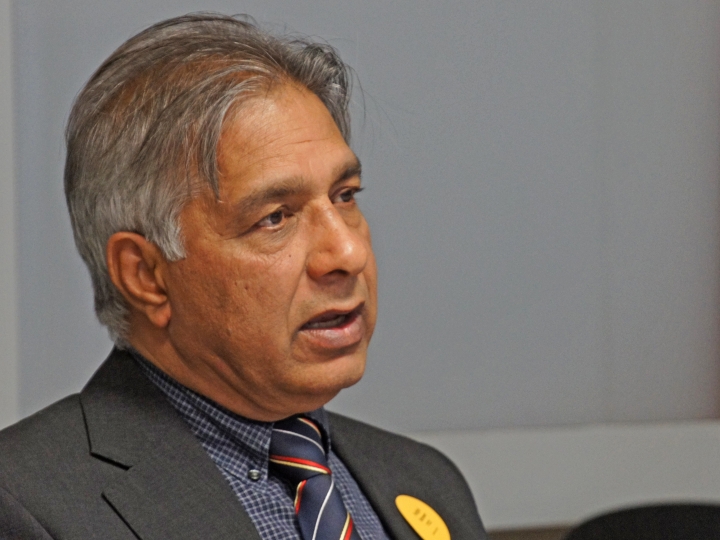Pakistan’s human rights situation will be reviewed in the UN Human Rights Council on 13 November 2017 under the UPR, a unique procedure of self and peer reviews which involves assessment for each member country on regular basis in Geneva. After paying a heavy price to extremism in Pakistan, the country needs a social and political roadmap of reforms and reconstruction. Therefore I wish that my country should make an optimal use of the UPR to realize the dream of dignified living, freedoms and human rights for the people of Pakistan.
After paying a heavy price to extremism in Pakistan, the country needs a social and political roadmap of reforms and reconstruction. Peter Jacob
In Pakistan’s case, it will be a test of the UN system’s effectiveness in persuading the country to comply with human rights obligations, because Pakistan wields a considerable influence in the international politics and has been able to resist or refuse to accept the recommendations of the UN bodies. Conversely, the outcome of UPR will also be an indication of the country’s flexibility to use the international oversight on compliance of human rights, as a means to tackle domestic challenges towards a stable democracy, good governance and sustainable peace.

During the first UPR review in 2008, when Pakistan Peoples’ Party led government had just taken over, the delegation led by Minister Ms. Fauzia Wahab chose to keep silent about human rights violations that Gen. Musharraf’s regime could be held accountable for. Pakistan’s delegation comprising members of parliament and Pakistan’s Mission to UN dismissed all major concerns about abuses of human rights against women and religious minorities, etc. In sum, the delegation representing a democratically elected government received a margin of appreciation by the Human Rights Council hence the recommendations that were passed, were soft in my opinion.

In the next review in 2012, the task was rather difficult, because of the reported human rights violations including enforced disappearances, abuse of women’s rights, attacks on journalists, lawyers and religious minorities which were hard to defend. The assassinations of Governor Salman Taseer and Minister Shahbaz Bhatti in 2011 who tried to defend the victims of blasphemy law, made the case of impunity to kill and intimidate in the name of religion, even more indefensible. However, Pakistan sent an empowered delegation including the charismatic Foreign Minister Ms. Hina Rabbani Khar, and Dr. Paul Bhatti, a minority Minister. Nevertheless, the conclusion of the UPR was trivialized as Pakistan refused to accept most of the substantial recommendations.
Pakistan’s Foreign Service has historically served four dictatorships from 1958 to 2008; hence developed skills to defend whatever situation that prevailed at home. Previously, practices such as denying facts on the ground, defying procedures for a meaningful review and deflecting attention from the real issues, were used to avoid a substantial outcome.
Unfortunately, the people of Pakistan, who happen to be the ultimate beneficiary and primary stakeholders, will neither have say in the proceedings nor will they be informed of the discussions. Peter Jacob
Unfortunately, the people of Pakistan, who happen to be the ultimate beneficiary and primary stakeholders, will neither have say in the proceedings nor will they be informed of the discussions. The NGOs representing their interest have made 20 written submissions to the UPR yet it is merely the government who will decide the outcome of the whole exercise. The ultimate hope lies with the international community or the government representatives in Geneva if they take the UPR to speak out, strategize and convince the delegation of Pakistan for more meaningful and result oriented measures to respect and protect human rights.
The ultimate hope lies with the international community (...) Peter Jacob
Peter Jacob is a human rights activist in Pakistan with 30 years standing. He is the executive director of Center for Social Justice (CSJ) and the founder of the Pakistan Advocacy Network, a new international network that aims to gather important human rights actors that work on Pakistan for mutual learning and advocacy efforts.
The NHRF invites different actors within the human rights field to contribute on this blog. The opinions expressed here are those of the authors.

